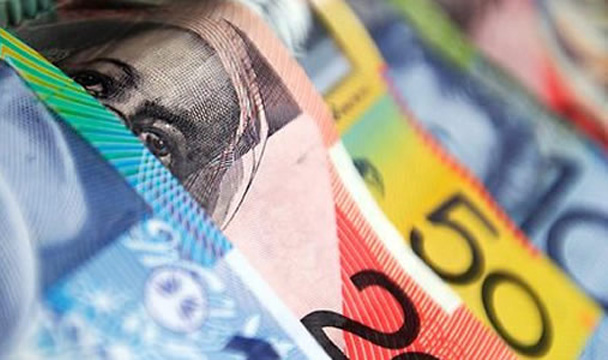In what we can consider to be a sign of growing popularity of Bitcoin, the Central Bank of Barbados is considering the option of including the cryptocurrency as one of the international reserve currency. The inclusion of Bitcoin into international reserve will give the digital currency the same status as Gold, US Dollar, Euros, Yuan, Pound Sterling etc. It is a giant leap for bitcoin, a currency which was once compared with game currency and later to drugs, deep web etc.
The possible inclusion of bitcoin into the international reserve of Barbados was mentioned in a report drafted by Winston Moore and Jeremy Stephen titled “Should Cryptocurrencies Be Included in the Portfolio of International Reserves Held by the Central Bank of Barbados?”. It is not just the Central Bank of Barbados that’s planning to add bitcoin to its list of foreign reserves. Given the universal nature of the digital currency, many nations are considering the option.
With the banking sector seriously considering the adoption of blockchain technology into their operations, it is the next logical step for Central banks across the world to make necessary arrangements to accommodate such changes. Even if one country decides to switch completely to digital currency, this arrangement will come in handy for those who have made necessary arrangements in advance. Bitcoin has already proven that it is better than any fiat currency, both in terms of ease of transaction and security.
If countries start adopting bitcoin or digital version of their existing fiat currency built on blockchain technology, they can drastically reduce the cost of printing banknotes to ensure liquidity. Also, digital currency brings in transparency and accountability which the current currency system lacks. Adopting digital currency will also enable the Central Banks to bring down the interest rates and control the economy from spiraling out of control like it always does at least once or twice a decade.
It is just a matter of time before countries introduced digital currencies along with banknotes and gradually make a complete transition to digital economy.
